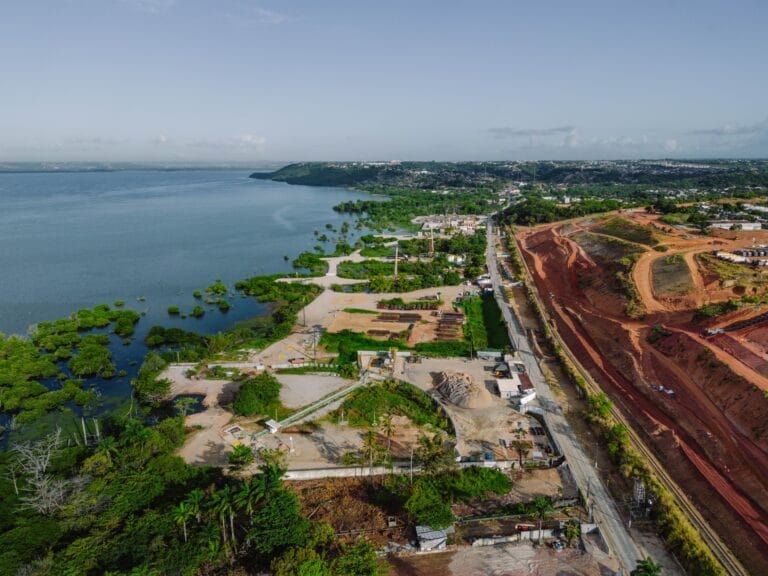On 9 November 2020, Mr Justice Turner of the High Court handed down a judgment that denied the jurisdiction of the English Court to adjudicate the liability of BHP Plc and BHP Ltd on the merits, for the catastrophic consequences caused by the 2015 Fundão dam collapse in Mariana.
The judgment struck out the claims of over 200,000 Brazilian Claimants as an abuse of the process and further held that had the case not been struck out, the Judge would have stayed the claims against BHP Plc on the basis of Article 34 of the Brussels Recast Regulation and the claims against BHP Ltd on the basis of forum non conveniens.
While it is beyond the scope of this post to analyse each of these technical findings, the consequences of the judgment will be discussed in relation to the facts of this case and other future business and human rights proceedings.
More than five years after the disaster, the Claimants continue to have their fundamental rights to access land and safe water and their ability live with dignity, according to their cultural and religious traditions, impaired, being no closer to having their claims vented and tangibly redressed.
Mr Justice Turner found that if the litigation in England was allowed to proceed, it would result in “closely related group claims moving forward in parallel in two different jurisdictions with many of the same claimants in each seeking identical remedies in England and Brazil concurrently.”
The remedies in Brazil refer to the two main group actions, one of which was annulled and the other stayed, as well as other claims, made by mostly different claimants against different defendants to those in the English case. The Court found it viable for damages to be claimed from the Renova Foundation – an entity set-up, funded and managed by the defendant companies in the Brazil proceedings, (BHP Brasil, Samarco and Vale), which control who is allowed to recover damages, on what conditions, and how much.
Widely held criticisms of the Renova Foundation’s inability (or unwillingness) to provide an effective remedy to the victims of the disaster has been reported by the United Nations (2015 2019 2020), the Business and Human Rights Resource Centre and Conectas. Further, the Brazilian Federal Prosecution Office alleges fraud and abuse by Renova Foundation.
Having examined case law relating to abuse of process, Justice Turner notes “Litigants should not be denied the right to bring a genuine subject of litigation before the court save upon a scrupulous examination of all the circumstances which leads the court to the conclusion that the claim should, nevertheless, be struck out”. On the facts of the case, the criticisms levelled against the proposed redress contemplated through the Brazilian proceedings are astounding and a “scrupulous examination of all the circumstances” should have revealed that the application to the English courts is not a crude pursuit for a larger pay-out, rather, it is a legally sanctioned plea for actual redress in light of the pseudo mechanisms ostensibly offered in Brazil.
Beyond this case, the judgement risks obstructing remedies for hundreds of thousands of other victims of exploitation, disregard and abuse by Transnational Corporations (TNCs). The increasing cases of human rights violations against TNCs reflects the necessity to develop a coherent model for attribution of civil liability.
The judgement appears to depart from established case law and precedent. Owusu v Jackson held that the court of an EU member state cannot decline jurisdiction where the defendant is domiciled in that member state on grounds of there being a more appropriate forum abroad. Moreover, the Supreme Court in Lungowe v Vedanta found that, on the facts, the Zambian claimants had a bona fide claim and a genuine intention to seek a remedy against the English company.
By declining to exercise its jurisdiction in this case, the English Court has undermined established principles of jurisdiction and was remiss to buttress case law in favour of holding TNCs to account, through existing legal mechanisms.
The claimants’ intended appeal is hoped to help normalise the English courts being able to assert jurisdiction over English-domiciled parent companies and their foreign subsidiaries for tort liability in other jurisdictions.
This post was written by Jade Weiner and was originally posted on Oxford Human Rights Hub.









